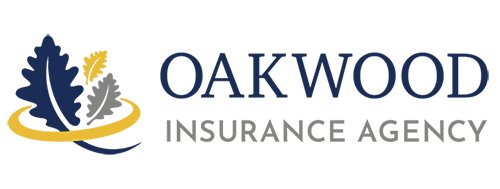Even Small Businesses Need Commercial
Liability Insurance Coverage
To protect a small business from potential lawsuits, liability insurance is necessary. Policies vary greatly, and they cover different classifications of risks for varying costs. Before shopping for a policy, it is important to educate yourself about liability insurance.
Commercial General Liability, which is also called CGL, is a very broad insurance product. It covers claims from accidents, injuries, or negligence when the business is at fault. Small businesses may face a wide array of damage charges. Personal injuries, property damage, libel, and slander are just a few examples.
Product Liability insurance covers legal fees for litigation involving a faulty product. It also covers any personal or property damage charges caused by the defective product.
Professional Liability coverage pays for damages caused by services. It is also called “errors and omissions” coverage. This is for companies that market a service instead of a product. For example, professionals in medical clinics must have medical malpractice coverage.
An Employment Practice Liability Insurance policy offers insurance protection against claims and lawsuits that are brought against a business, its officers or directors, or its employees and managers, against harassment, wrongful termination, breach of employment contract, discrimination, invasion of privacy, compensation issues, and employee benefits administration.
Oakwood operates as an independent insurance agency, selling an extensive spectrum of insurance to businesses, families, and individuals. Our competitive advantage comes from the objective and professional service that we provide our access to a wide range of carriers, and our extensive knowledge of the insurance marketplace.

